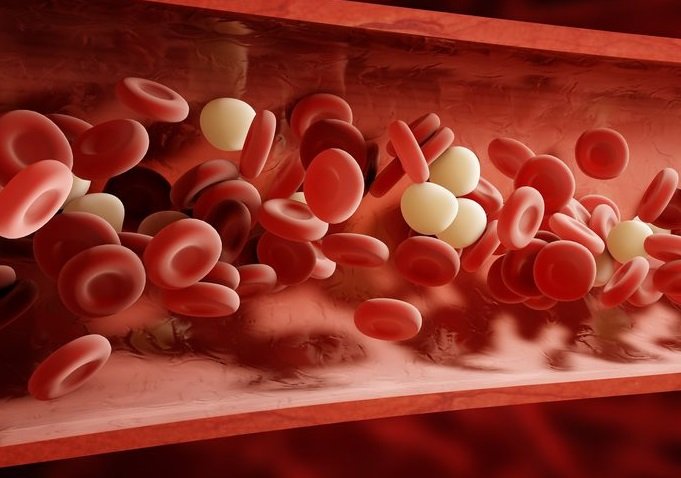US researchers develop magnetic wire for identifying blood cancer
July 19, 2018 | Thursday | News
The wire attracts unique magnetic nanoparticles that have been engineered with an antibody to bind to any tumour cells circulating in the bloodstream and pull them out.
Image credit- shuttershock.com
A group of researchers at the Stanford University School of Medicine in the US has created a magnetic wire to capture free-floating tumour cells in the patients’ blood.
Expected to aid in early diagnosis, the wire is threaded into a vein to detect even scarce and hard-to-capture tumour cells.
The wire attracts unique magnetic nanoparticles that have been engineered with an antibody to bind to any tumour cells circulating in the bloodstream and pull them out.
The capability of the magnetised wire to capture more cells, compared to existing blood-based cancer-detection approaches, could aid in the early detection of cancer.
In addition, the new technique is expected to aid in the assessment of patient’s response to cancer therapy.
Currently, the team is working towards refining the technique for humans, including obtaining approval for the nanoparticles. They aim to develop the technology as a tool to improve detection, diagnosis, treatment and assessment of cancer therapy.









